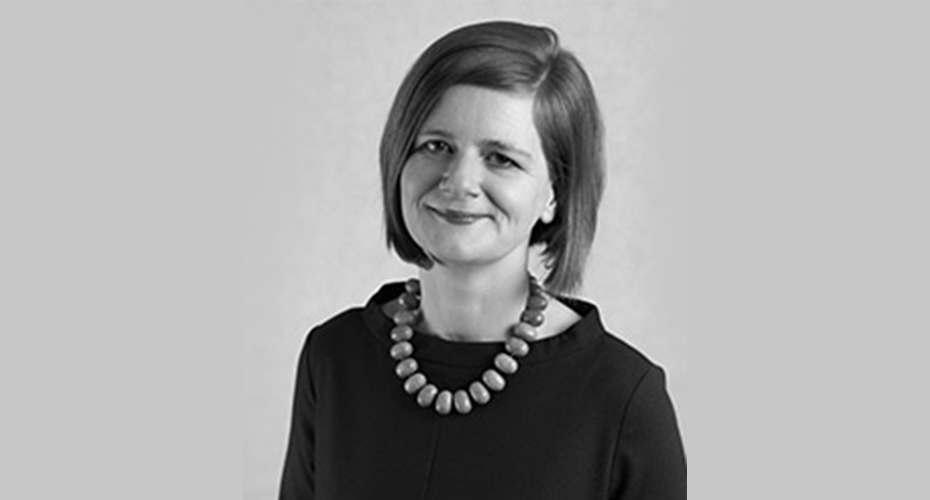
Ciara Eastell is Professor of Practice in the Exeter Centre for Leadership at the University of Exeter’s Business School.
Leading in Lockdown: How Exeter’s leaders are responding to the challenge
How are Exeter’s civic leaders leading at this time of immense crisis? What are they learning about their own leadership and how are they supporting those around them?
Ciara Eastell, Professor of Practice at the Exeter Centre for Leadership talked to five of Exeter’s civic leaders about their personal experience of leading their institutions through the initial response to the Covid-19 crisis.
In the third in our series of blogs featuring leaders working across our region, I hear more about the needs that are emerging across our communities and what role these leaders are taking in responding to that need. Our panel includes:
 |
Phil Norrey, CEO of Devon County Council |
 |
Martha Wilkinson, CEO of Devon Community Foundation |
 |
Rob Bosworth, Deputy CEO at Exeter College |
 |
Karime Hassan, CEO of Exeter City Council |
 |
Moira Marder, CEO of the Ted Wragg Multi-Academy Trust |
Responding to need
What’s clear from talking to these leaders is how much need is emerging across Exeter and wider Devon, both in this initial crisis and response phase and, looking ahead, to the longer recovery phase. Devon Community Foundation distributed around a quarter of its typical annual funds in a 10 day period and is in regular dialogue with funders and philanthropists about the ongoing and emerging needs within local communities.
For Exeter City Council, there’s concern about their own finances, as they are hugely reliant on income from business rates and other income generating activities that have disappeared overnight. And there’s concern too for the future of the high street, as much of the retail and leisure sectors will be vulnerable to the extremely challenging economic landscape, made even worse by an anxious public who are likely to have understandable concerns about returning in large numbers to our town and city centres.
At the College, Rob cites the basic needs that many of their students have. He and his team have been working closely with local partners, including supermarkets, to ensure that students living in poverty have access to food. “Many of our students relied on the lunchtime meal they got at college”, says Rob.
For Rob, experience in recent weeks has highlighted the huge social inequalities and poverty that exists in our county and what that means in reality for students living in poverty, without access to food or good quality IT facilities. “Although real-time teaching with live classrooms sounds great”, says Rob, “the reality is that, for many students, they may not be able to access a single home laptop that other members of their family need for work or study or have any access at all”. Rob sees a new understanding emerging from the crisis. “Traditionally leaders and policy makers have come from a middle class background. The assumption has been that families look a certain way but the crisis shows us it doesn’t look like that at all”.
At the Ted Wragg Trust, Moira is thinking hard about the support needed for disadvantaged children – during lockdown and beyond. You can hear the determination in her voice when she says “Let’s think outside the box in how we support our disadvantaged children so we don’t have that huge gap in the future. Let’s think about the Pupil Premium in new and radical ways”.
The County Council is seeing differences in Devon compared to other parts of the country. “In Devon’s rural communities, we’re seeing parishes where lots of people are volunteering and providing help at a local level. We’re fortunate to have that level of social capital. In inner city parts of the country, that social capital is just not there”, says Phil.
Across the city, we’re seeing incredible ingenuity and innovation emerge. The College, for example, has been supporting volunteers and other organisations on the Exeter PPE project, which has been manufacturing PPE equipment for distribution across the city. But there are challenges too that have emerged from individuals’ understandable desire to help and contribute at this time. Martha highlights the challenges of managing and co-ordinating huge number of volunteers and crucially putting in place effective mechanisms to ensure safeguarding is adequately incorporated into these dynamic new arrangements.
Key learning points from our leaders:
- Responding to emerging needs will be an important leadership dimension now and into the future as our economy and society face huge challenges ahead
- Needs are rapidly changing and leaders will need to be close to the frontline to fully appreciate the needs and what they can do – within and beyond their own organisations – to respond effectively
- Building on what’s good and strong in our communities will be an important starting point for the recovery phase ahead.
In future blogs, we hear more from these and other leaders across the Business School’s wide network of Chief Executives working across the public, private and voluntary sectors. We’ll hear how our CEOs’ understanding of their own leadership is changing when faced with a challenge as large and radical as Covid-19 and what we can all learn from their emerging experience of digital transformation and insight into how our future lives and our environment will be shaped by this moment.
